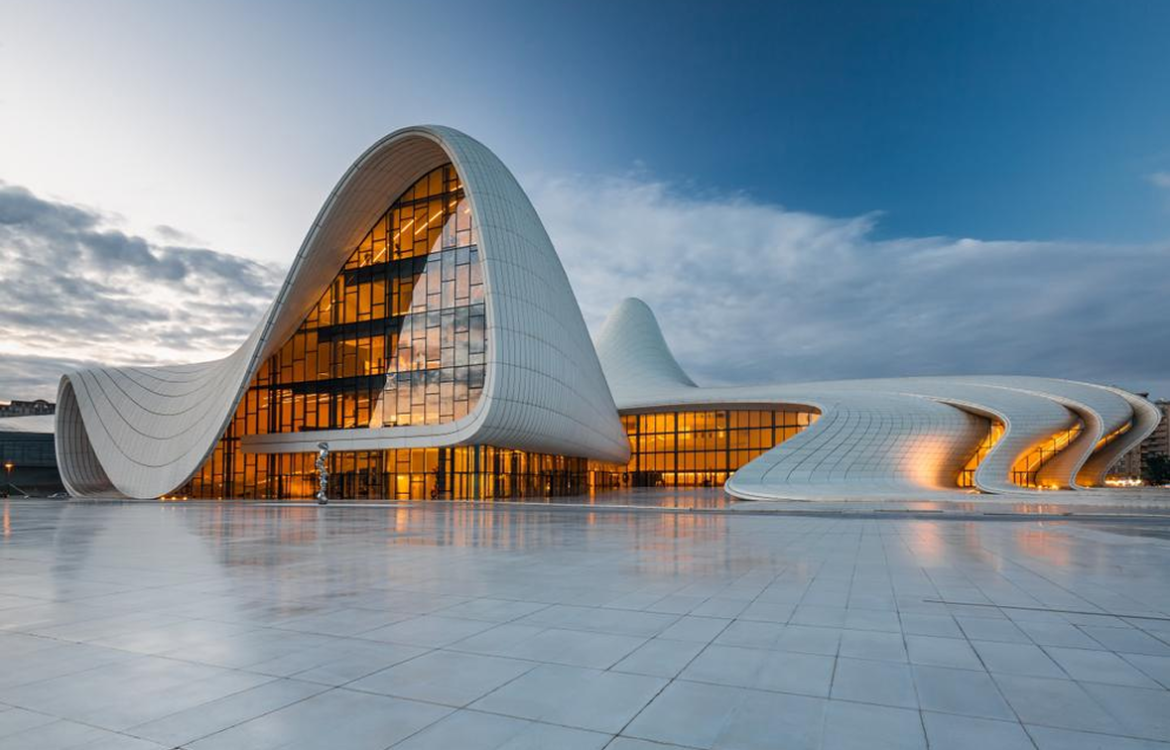Innovation and Future Trends
The UK modular construction sector is advancing rapidly, with innovations including:
Advertising
-
Smart Modular Buildings:
Integration of IoT devices, energy management systems, and adaptable interiors enhance functionality and user experience. -
Mass Timber Modular:
Using sustainable timber as a structural material reduces carbon emissions and aligns with UK environmental goals. -
3D Printing and Automation:
Combining modular design with cutting-edge manufacturing technologies promises even greater precision and customisation. -
Circular Economy Approaches:
Designing modules for disassembly and reuse supports resource efficiency and waste reduction.
Case Studies in the UK
-
B2 Tower, London:
One of Europe’s tallest modular residential buildings, demonstrating scalability and urban integration. -
The Collective Old Oak:
A co-living space using modular construction to create flexible, community-focused housing. -
Humber Street, Hull:
Modular offices contributing to urban regeneration and workspace innovation.
How Modular Architecture Aligns with UK Needs
The UK’s housing crisis, evolving workplace cultures, and sustainability commitments create a perfect storm of opportunity for modular architecture. It offers solutions that are not only faster and cheaper but also more adaptable to future social and environmental challenges.
As government policies increasingly support offsite construction, and public awareness grows, modular architecture is poised to become a mainstream choice across the UK.
Conclusion
Modular architecture represents a transformative shift in how we conceive and construct residential and working spaces in the United Kingdom. By blending efficiency, sustainability, and design flexibility, it addresses pressing urban challenges while opening new possibilities for how people live and work.
For UK developers, policymakers, and communities, embracing modular construction offers a pathway to more resilient, responsive, and vibrant built environments — truly shaping the future of living and working spaces.

